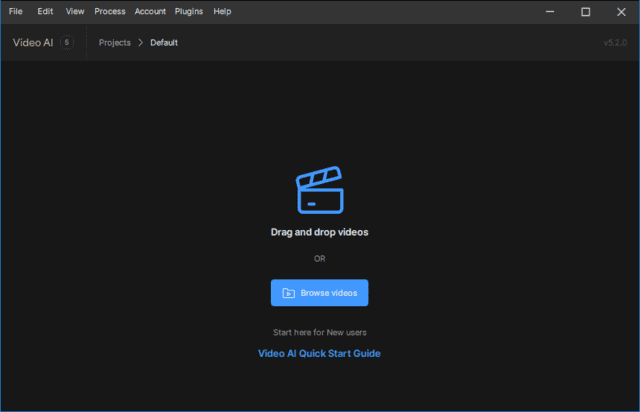Topaz Video AI 是一款专门针对视频处理和编辑的人工智能软件。它可以通过智能算法对视频进行高效处理和优化,提高视频的质量和清晰度,同时也可以实现视频的降噪、稳定、颜色校正等功能。

软件功能
视频增强:通过 AI 技术改善视频画质,提高视频清晰度和细节。 视频修复:修复视频中的噪点、模糊和抖动,使得画面更加平滑和清晰。 视频转换:将视频转换为不同的格式、分辨率和比特率,以满足不同的需求。 视频缩放:将视频放大或缩小,保持画质的同时调整大小。 视频剪辑:对视频进行剪辑、合并、裁剪等操作,实现个性化的视频制作。
软件特点
AI 技术:采用先进的人工智能技术,提供更快速、更高效的视频处理效果。 高清清晰度:通过增强视频画质,提升视频的清晰度和细节,使得观感更加出色。 简单易用:操作界面友好,操作简单,即使是初学者也能轻松上手。 快速处理:支持批量处理,快速完成视频处理任务,节省时间和精力。 多种输出格式:支持输出多种常见视频格式,满足用户的不同需求和用途。
此版特点
一般信息: 类型:安装 语言:英语 激活:破解
命令行选项: 静默安装:/qn 选择安装位置:INSTALLDIR=PATH 示例:Topaz.Video.AI.v3.0.5.exe /qn INSTALLDIR=C:MyProgram
下载地址
Topaz Video AI(AI图像处理软件) v6.1.0 直装破解版
https://pan.quark.cn/s/2e077f2889b3
https://pan.xunlei.com/s/VOJT8LJ_jYfUO-Lefd6qA6RQA1?pwd=z2qn

